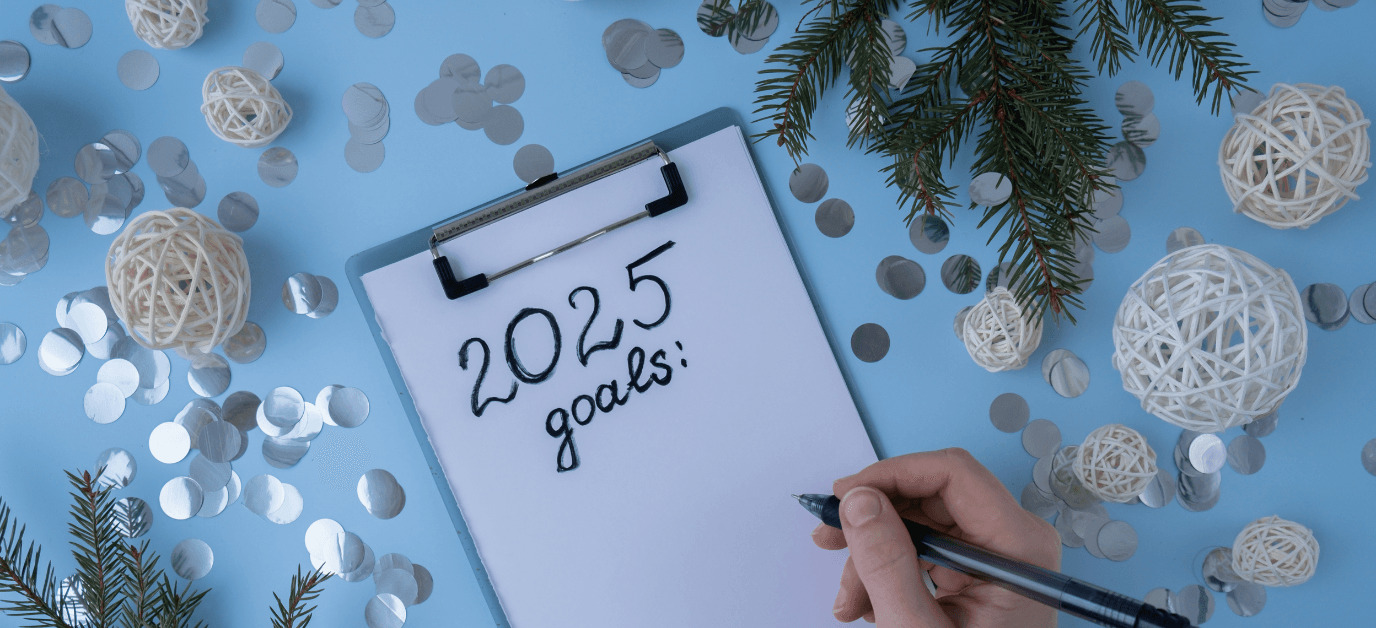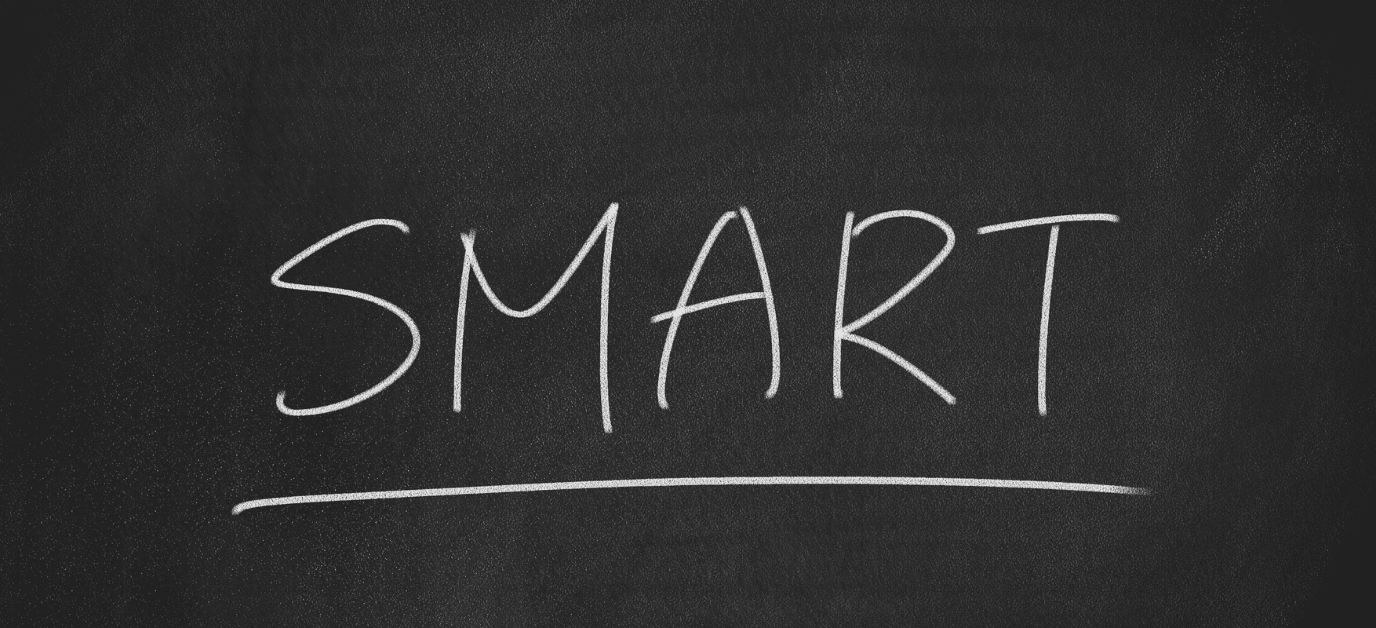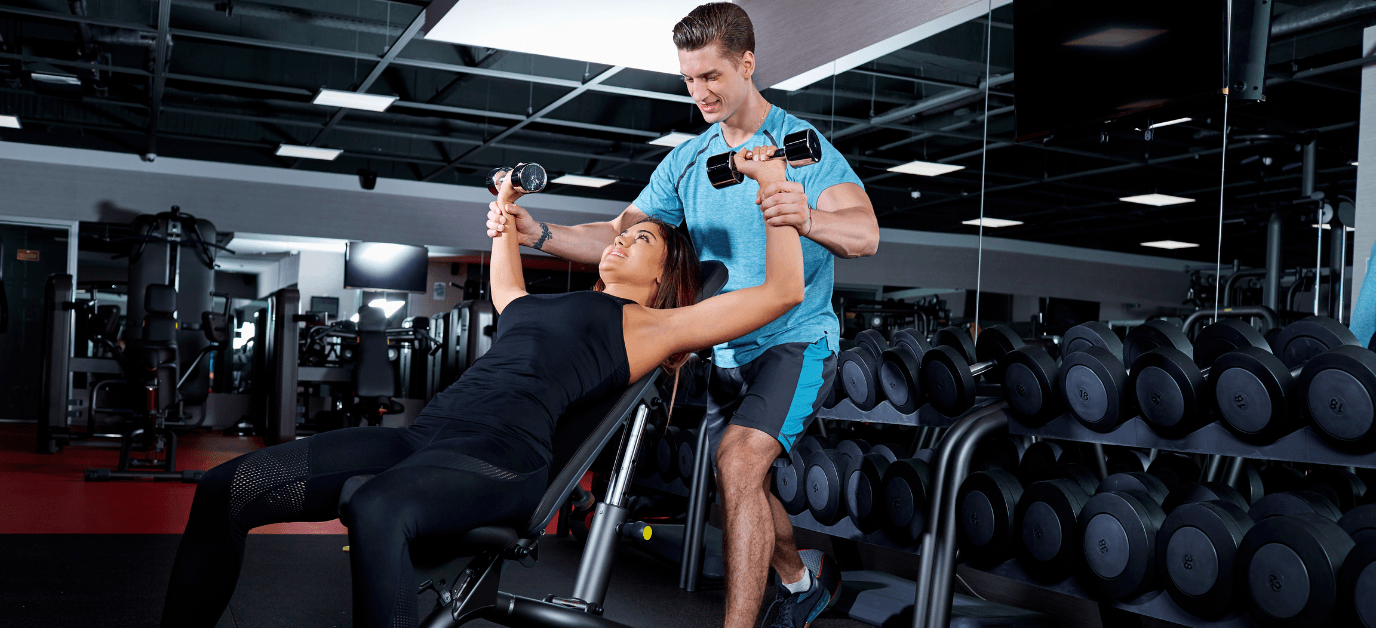

How to Effectively Achieve Your Fitness Goals in 2025
14.01.2025New Year's resolutions are in full swing. Unfortunately, many of them end up as just wishful thinking, never making it past the planning stage. If you want to prepare for change and wisely plan your fitness goals, check out these methods that can help you. Motivation doesn't have to fade away along the way. All you need is a good plan.

Tips for Setting Realistic Goals
1.1 Does setting goals make sense? Psychologists have no doubts
A goal can be defined as "what a person is trying to achieve" [1]. In turn, goal setting is the process of setting tasks for one's actions. Although many people follow the principle that "it's better to do than to think about what needs to be done," it turns out that the power of the mind and wise planning has great power. It has been proven that setting goals in sports can have a positive impact on the results achieved [2]. No wonder sports psychology is currently the cornerstone of success for many professional athletes. It is worth taking advantage of the benefits of this field and implementing specific principles into life that will allow us to stick to our New Year's fitness resolutions - so that the set goals become part of life, routine, and not just a sad duty that you want to give up in January.
1.2 How to set goals wisely? The SMART principle
Setting goals usually doesn't happen suddenly. It is a process that is divided into the following stages:
- preparation
- goal setting
- planning
- subsequent actions [2].
It can therefore be concluded that a lot of work takes place even before taking specific actions to achieve fitness goals. Proper preparation of the plan in your head is the foundation, thanks to which it is possible not only to regularly measure progress but also not to lose motivation on the way to dreams.
Practitioners of sports psychology recommend using certain techniques that are helpful when setting tasks. They emphasize that goals should be:
- Specific (S);
- Measurable (M);
- Achievable (A);
- Realistic (R);
- Time-related (T) [2].

1.3 How to measure progress and not lose motivation?
Don't compare yourself to others.
It has been shown that self-referenced goals often lead to positive outcomes. On the other hand, comparison-based goals do not improve performance [1].
Keep records of your measurements, sports results, and challenges undertaken.
Such notes allow you to see the path traveled and control progress.
Adapt the type of activity to your preferences.
If you don't like running, dance. If you don't like dancing, train with weights or go boxing. The most important thing is that the exercises give you satisfaction and joy. Also, take care of the diversity of training - constantly performing the same exercises can reduce the effects.
Celebrate small successes
Be kind to yourself on the road to your goal. Try to celebrate small progress. And don't forget about well-deserved relaxation!

How to make it easier to achieve your goals?
2.1 Seek support from people
Everyone has their own way of motivating themselves to act and persevere in their resolutions. However, it is worth reaching for universal methods that help many people achieve their goals. This includes the so-called human factor. Training in a group or finding a partner for joint training can make exercise more enjoyable. In addition, mutual support in difficult moments makes it harder to give up on a planned visit to the gym or skip a group training session.
Using the services of specialists (such as a personal trainer, physiotherapist, or psychologist) can give our goals the right direction - especially at the beginning of the journey when we have little knowledge about healthy training. The advice of professionals can also prove to be very valuable in crisis moments (e.g., during injury or a drop in motivation) - thanks to them you can gain greater awareness of the path you are taking and the goal you are striving for.

Which dietary supplements will help you achieve your training goals? Check out the proposals from Skill Nutrition
Properly selected supplementation can be effective support in the implementation of the training plan. Thanks to it, you can, among other things, take care of better regeneration and supplement your diet with necessary nutrients.
Micronized Creatine Monohydrate
Creatine has properties that support post-workout regeneration. It can reduce muscle damage caused by physical exertion and increase physical performance in the case of successive short, very intense physical exercises [5, 6].
Magnesium, as the "element of life," is responsible for, among other things, good muscle condition. Its deficiency can reduce training efficiency [7]. An ideal combination is magnesium with vitamin B6 - it has been shown that these ingredients contribute to reducing feelings of fatigue and tiredness and maintaining proper energy metabolism.
It has been shown that caffeine can improve physical performance and improve cognitive function, attention, and alertness [8].
You can also find caffeine in Skill Pre-Workout, in a specially developed NO-CRASH formula (without caffeine crash), where it occurs in anhydrous form and in a form with prolonged release, and is also supported by L-theanine, choline, and B vitamins. Thanks to the content of caffeine, or vitamins B3, B,6, and B12, SKILL PWO is an ideal supplement to give you the energy to achieve your training goals.
![Skill_slider_7680x3808px [ze Wszystkimi Produktami]_27.11_PL.jpg](https://backend.skill-nutrition.com/uploads/Skill_slider_7680x3808px_ze_Wszystkimi_Produktami_27_11_PL_89fa18fe24.jpg)
Sources:
[1] Williamson, O., Swann, C., Bennett, K. J. M., Bird, M. D., Goddard, S. G., Schweickle, M. J., & Jackman, P. C. (2022). The performance and psychological effects of goal setting in sport: A systematic review and meta-analysis. International Review of Sport and Exercise Psychology, 17(2), 1050–1078. https://doi.org/10.1080/1750984X.2022.2116723
[2] Bird, M. D., Swann, C., & Jackman, P. C. (2023). The what, why, and how of goal setting: A review of the goal-setting process in applied sport psychology practice. Journal of Applied Sport Psychology, 36(1), 75–97. https://doi.org/10.1080/10413200.2023.2185699
[3] Lu C. C. et. al. (2023). L-Glutamine is better for treatment than prevention in exhaustive exercise. Frontiers in physiology, 14, 1172342. https://doi.org/10.3389/fphys.2023.1172342
[4] Walsh N.P. et. al. (1998). Glutamine, Exercise and Immune Function. Sports Med 26, 177–191. https://doi.org/10.2165/00007256-199826030-00004
[5] Cooke M. (2005). The effects of nutritional supplementation on regeneration of muscle function after damage (Doctoral dissertation, Victoria University).
[6] Rosene J. M. et al. (2009). Short and longer-term effects of creatine supplementation on exercise induced muscle damage. Journal of sports science & medicine 8 1: 89-96.
[7] Nielsen F. H. & Lukaski H. C. (2006). Update on the relationship between magnesium and exercise. Magnesium research, 19(3), 180-189.
[8] Guest, N. S., VanDusseldorp, T. A., Nelson, M. T., Grgic, J., Schoenfeld, B. J., Jenkins, N. D. M., … Campbell, B. I. (2021). International society of sports nutrition position stand: caffeine and exercise performance. Journal of the International Society of Sports Nutrition, 18(1). https://doi.org/10.1186/s12970-020-00383-4
